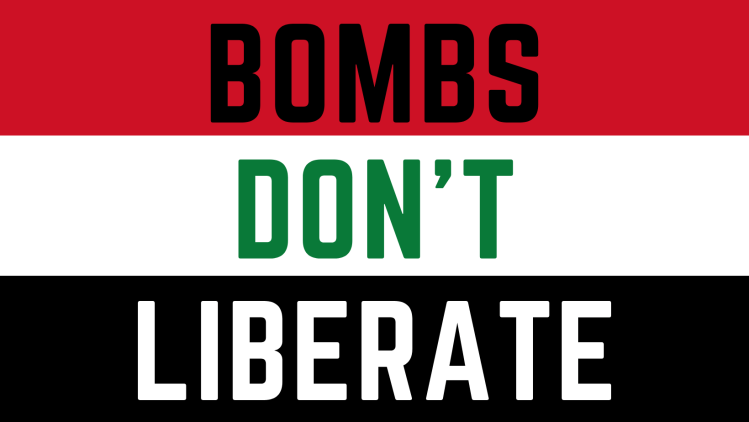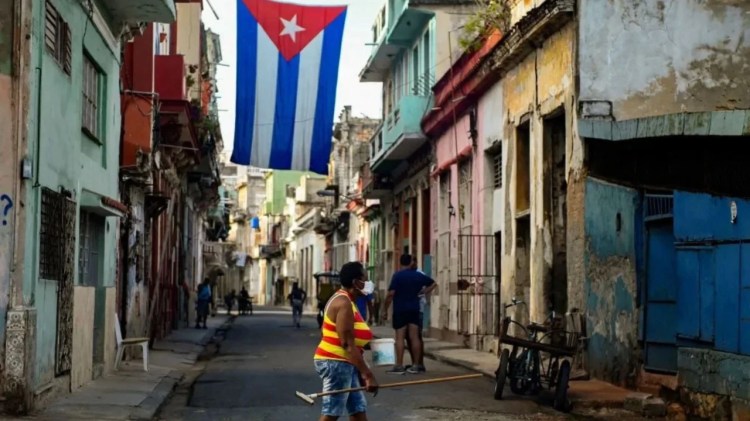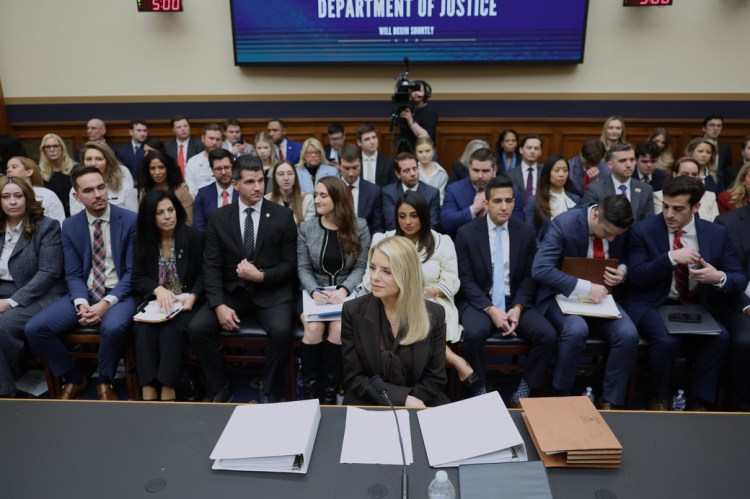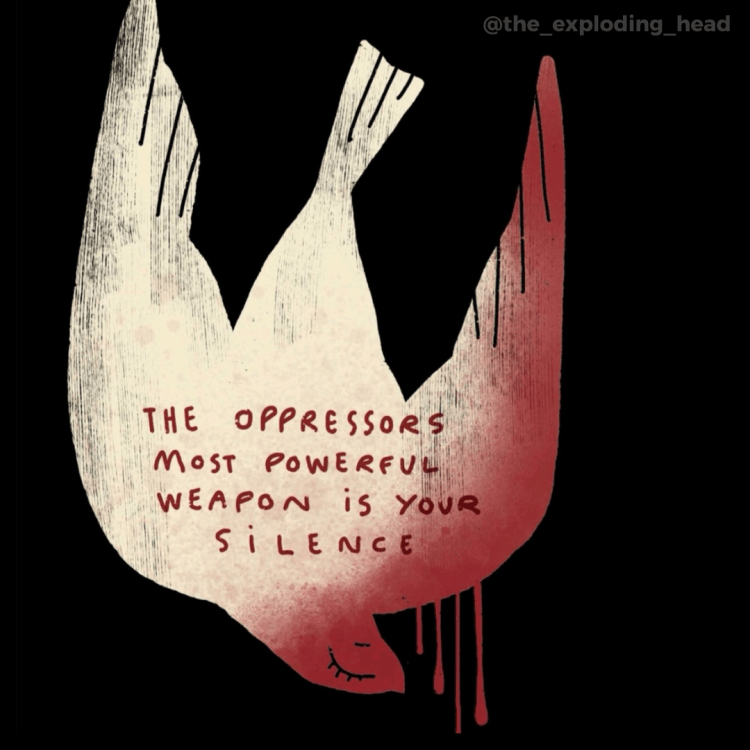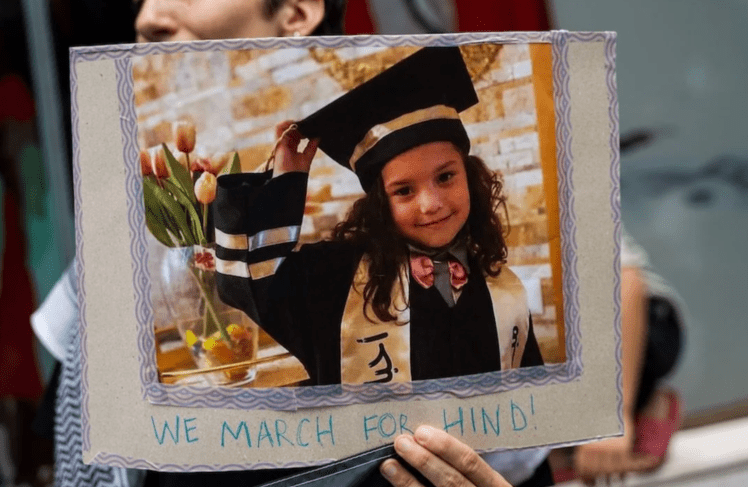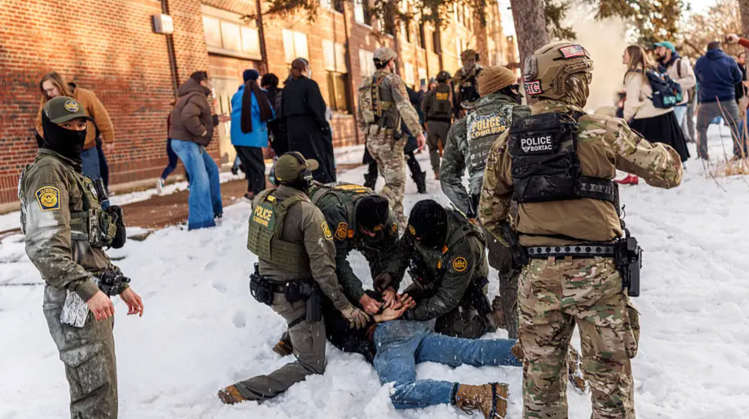How to make sense of what’s unfolding in front of us?
Colonialism has to go.
Militarism has to go.
Imperialism has to go.
They are all connected.
How exactly they connect is what I talk about in my project.
Yet talking about collective liberation isn’t enough: when possible, I also invite you to take action.
“Now that I have seen, I am responsble.”
I saw this graffiti writing in Bethlehem, on the West Bank apartheid wall.
I can’t get it out of my head ever since.
This is what I focus my work on: to be more than an observer to the injustice I witness and learn about.
“Now that I have seen,
I am responsible.”Find and follow my podcast on Spotify here. Listen to my most recent episode below:
See my most recent articles and podcast episodes here:

From Iran to Palestine: Beware Those Who Say They Liberate Children by Bombing Schools
Israel has been murdering children in Palestine and Lebanon for decades. Now, it has chosen to murder children – under the guise of regime change – in Iran.
Read here
From Cuba to Palestine: Beware Those Who Seek to See Hospitals Run Out of Fuel
What we’re seeing in Cuba is an intensification of imperial violence by those who have been unleashing it on Palestine, too. The parallels here are many, including how the mentality of a coloniser cannot be more on display here.
Read here
Have You Witnessed Democratic Mechanisms Being Eroded on Live TV? Here’s An Example
If you couldn’t believe what you were seeing during Pam Bondi’s, the U.S. Attorney General’s testimony in a House Judicial Committee hearing on the Epstein files, here’s how to make sense of it. It’s also why it is terrifying.
Read here
From Palestine to The Epstein Files: Will You Demand Justice or Embrace Collective Amnesia?
It is not only the violence by the ones in power that the Epstein files resemble Israel’s destruction of Gaza – it’s about the (potential) collective amnesia, too.
Read here
How Fascist Regimes See Growing up, Standing up for People, and Writing Poems as Threats
Hind Rajab was killed by Israeli forces two years ago today – and that is one of the threads of history that I talk about in my essay-like video. It’s about fascism, its victims, the heaviness of witnessing these horrors, and how we can move forward.
Read here
On U.S. State Violence: A Continuation, Not a Rupture
The recent murder of Alex Pretti by ICE agents is one painfully clear indication – or, rather, a reminder – that in the U.S, the violence abroad has come back as fascism at home.
Read here
After Having Enabled It for Decades, The EU Is Appalled by U.S. Imperialism — Only When It Threatens Its Shores
After having enabled U.S. and Israeli military aggression around the world, notice the EU appeal to international law when the territorial integrity of Denmark is threatened by the U.S.
Read here
If You’d Like The EU to Cut Trade Ties with Israel, Here’s An Action to Take and Share
The EU leadership has shown us how it treats genocidal states: there are only talks about tech innovations, handshakes, and the strengthening of ties with a regime that remains a champion of the mass murder of children. But here’s a concrete action you can take towards accountability.
Read here
International Law is No More, Fascism is Here: How Will You Choose to Operate in This Reality?
Fascism has never been a thing of the past; now, to disregard it means to disengage from reality. As international law has crumbled, Israel is still destroying Gaza, and masked agents are snatching people of the streets in the U.S., I invite you to ask yourself how…
Read hereSomething went wrong. Please refresh the page and/or try again.
